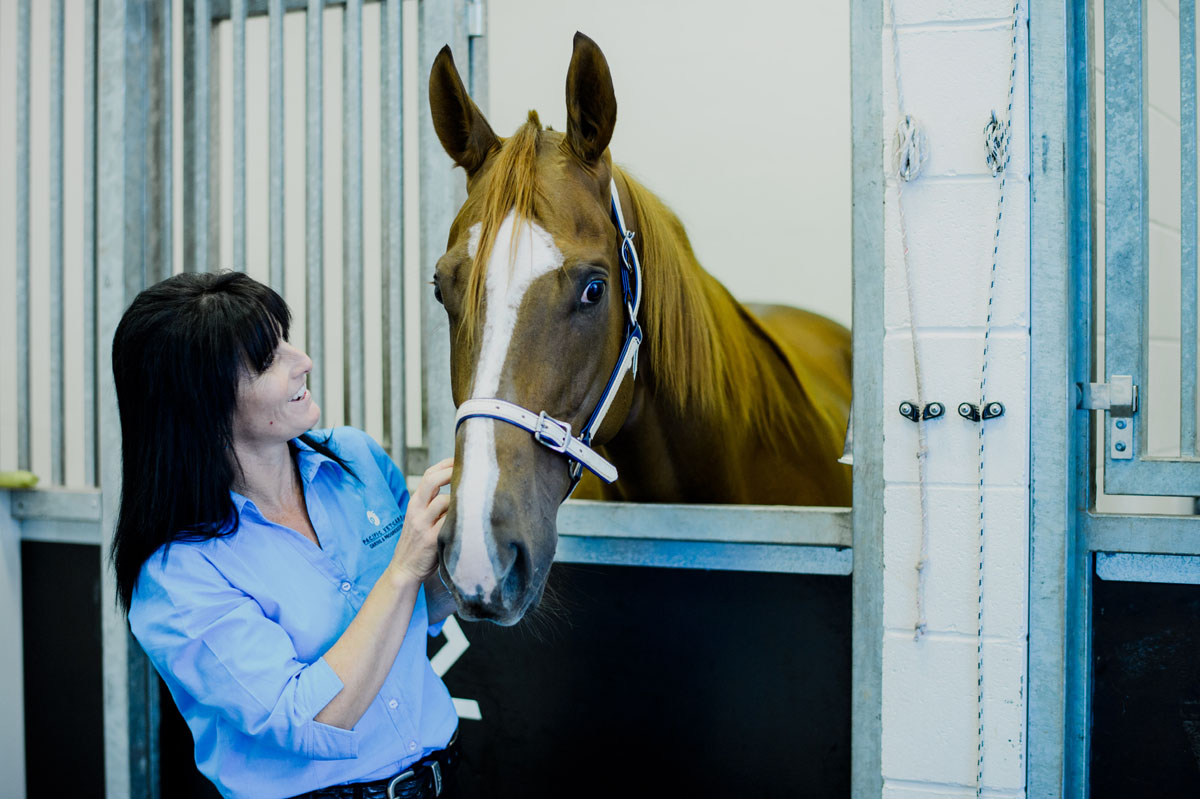Horse Worming

Worms affect your horse’s health and performance. Sometimes you may not be aware of the extent of the internal damage. Heavy worm burdens can result in:- Poor body condition, weight loss or stunted growth, irreversible damage to the gut and other organs, colic, scouring and even death.
Each horse responds differently to worming treatments so each animal must be treated individually and a customised worming treatment program devised accordingly.
Pacific Vetcare offer a full diagnostic and treatment program for all kinds of horses and ponies. Call us today 6652-3455 so that we can tailor a worming program to best suit your needs.